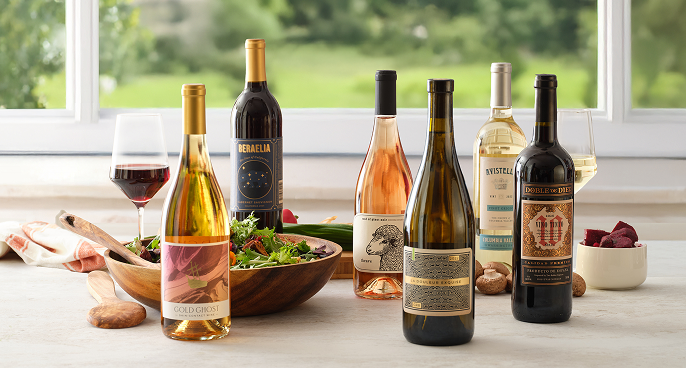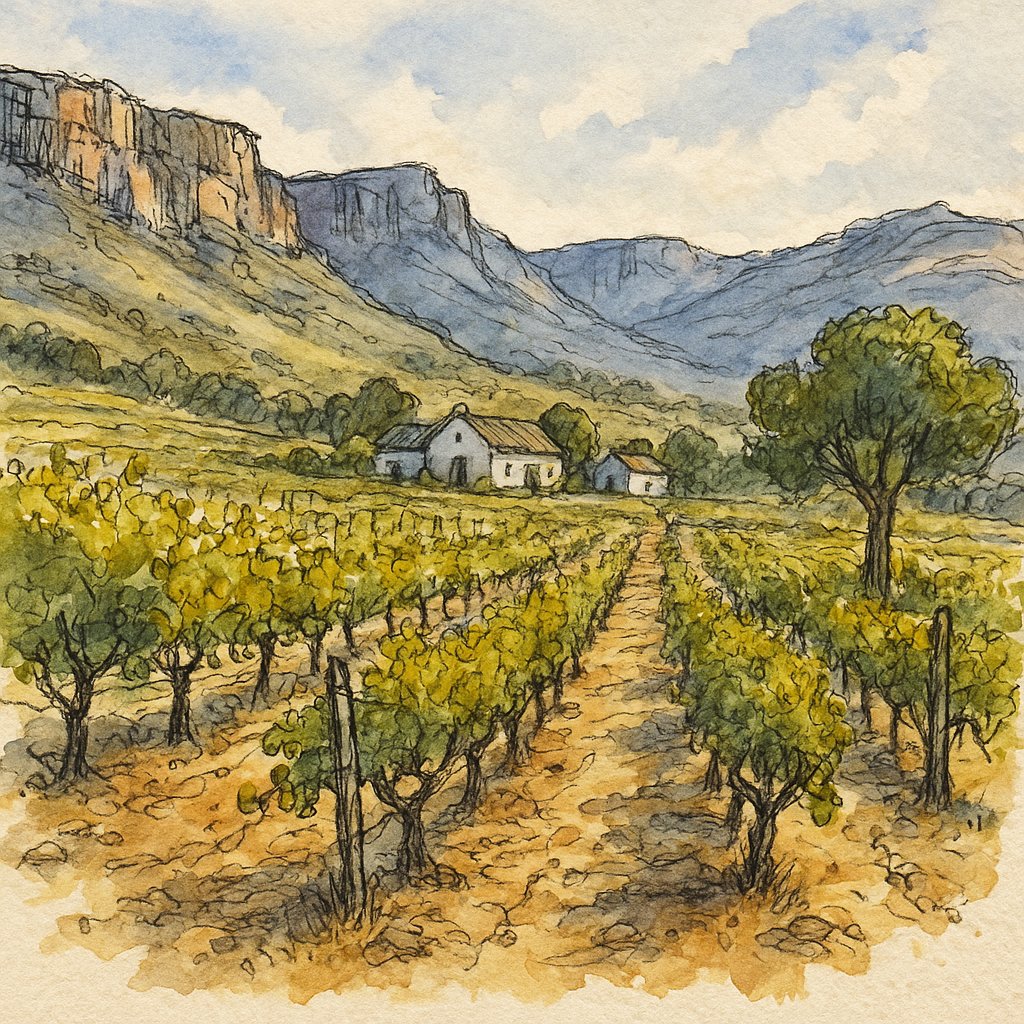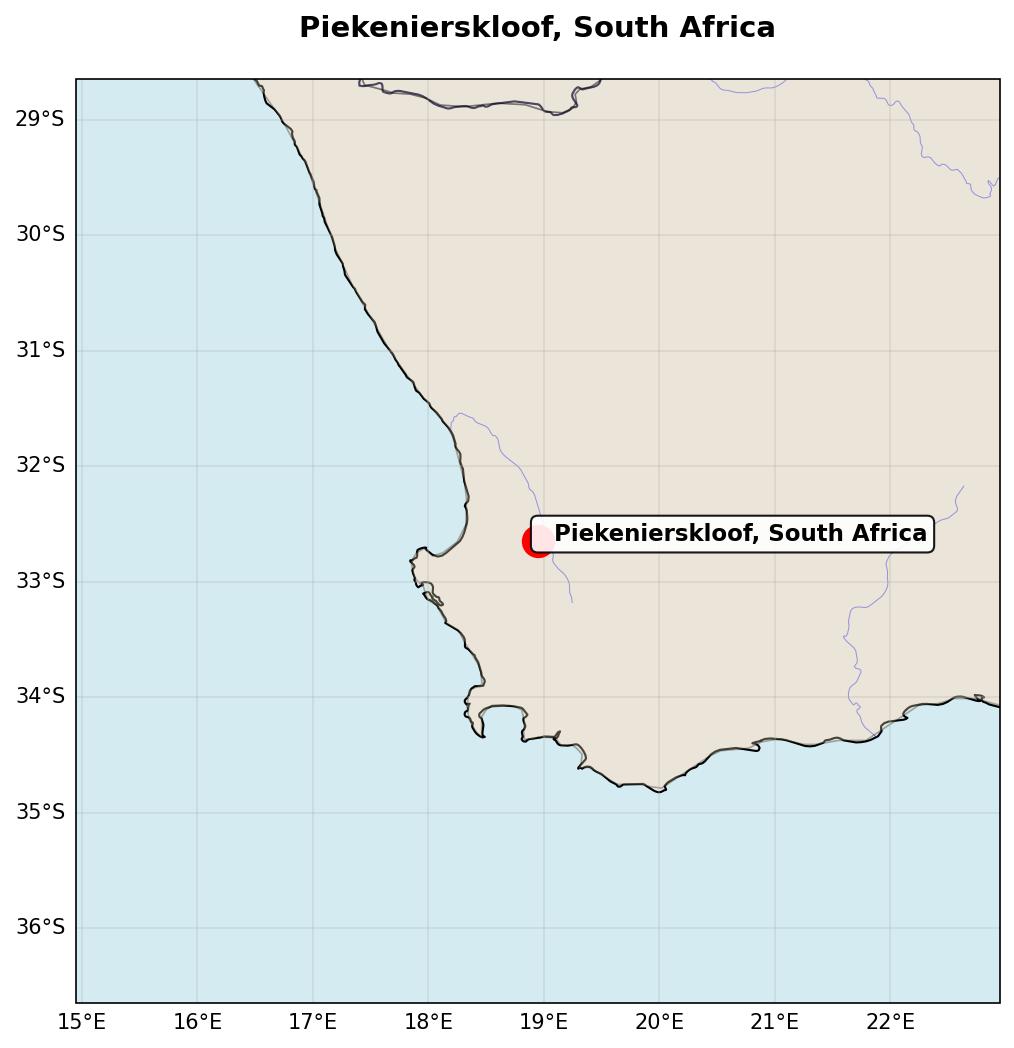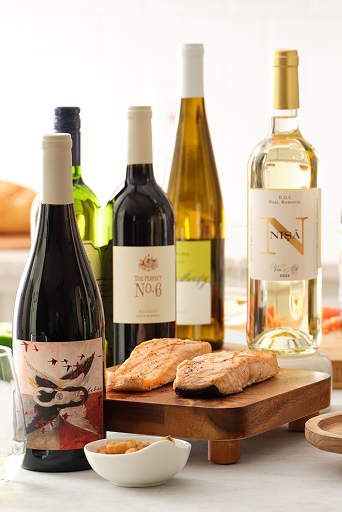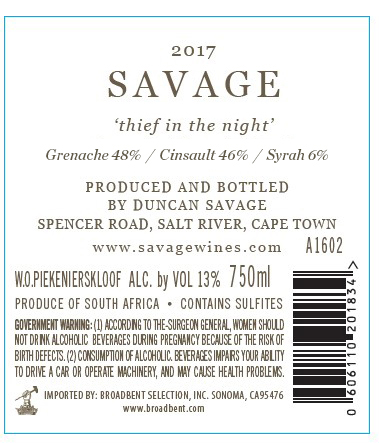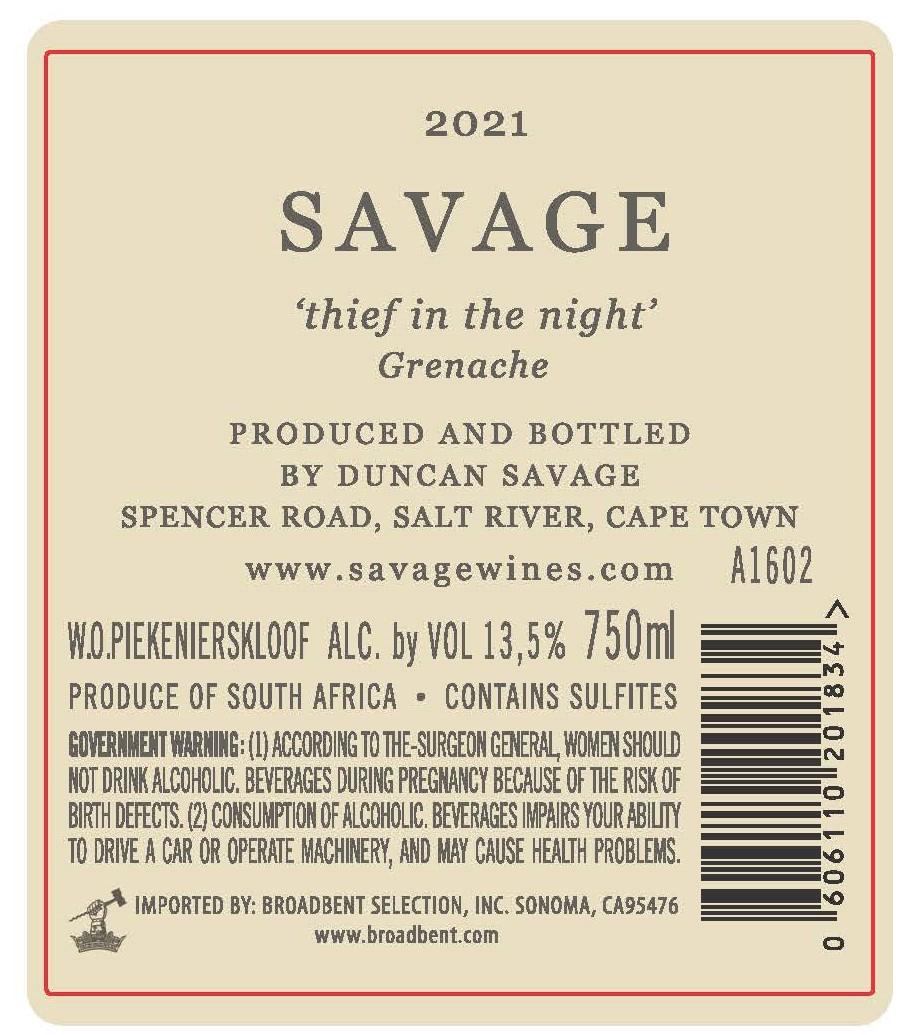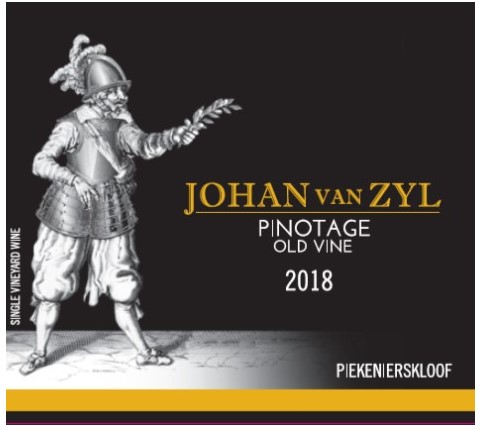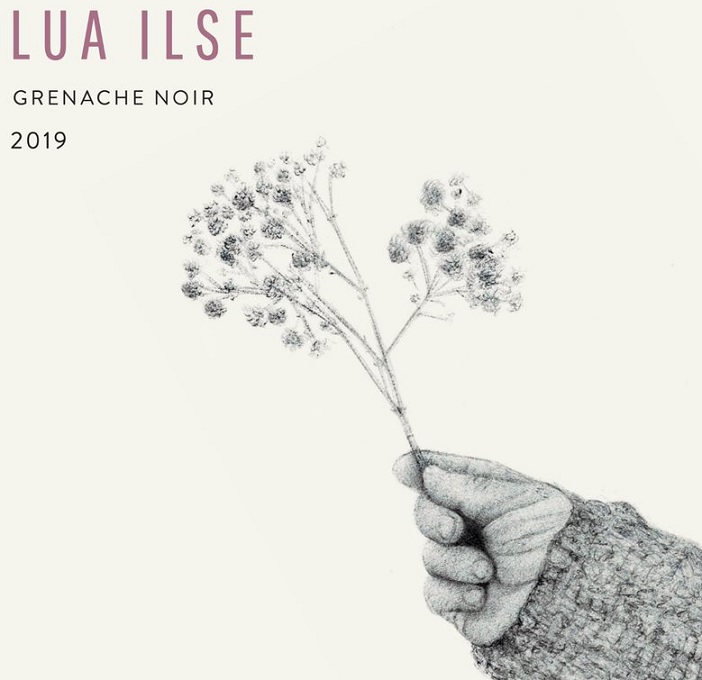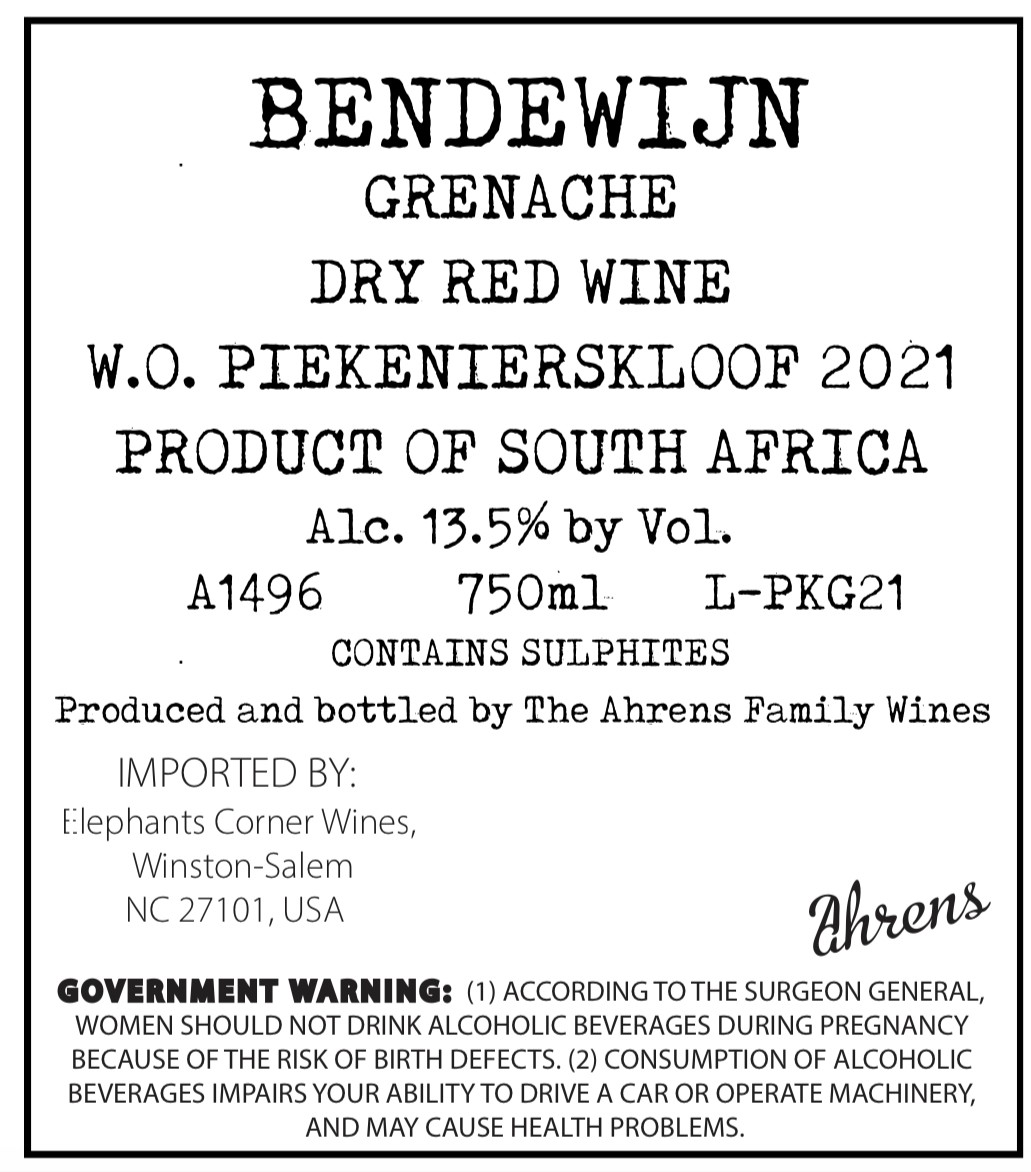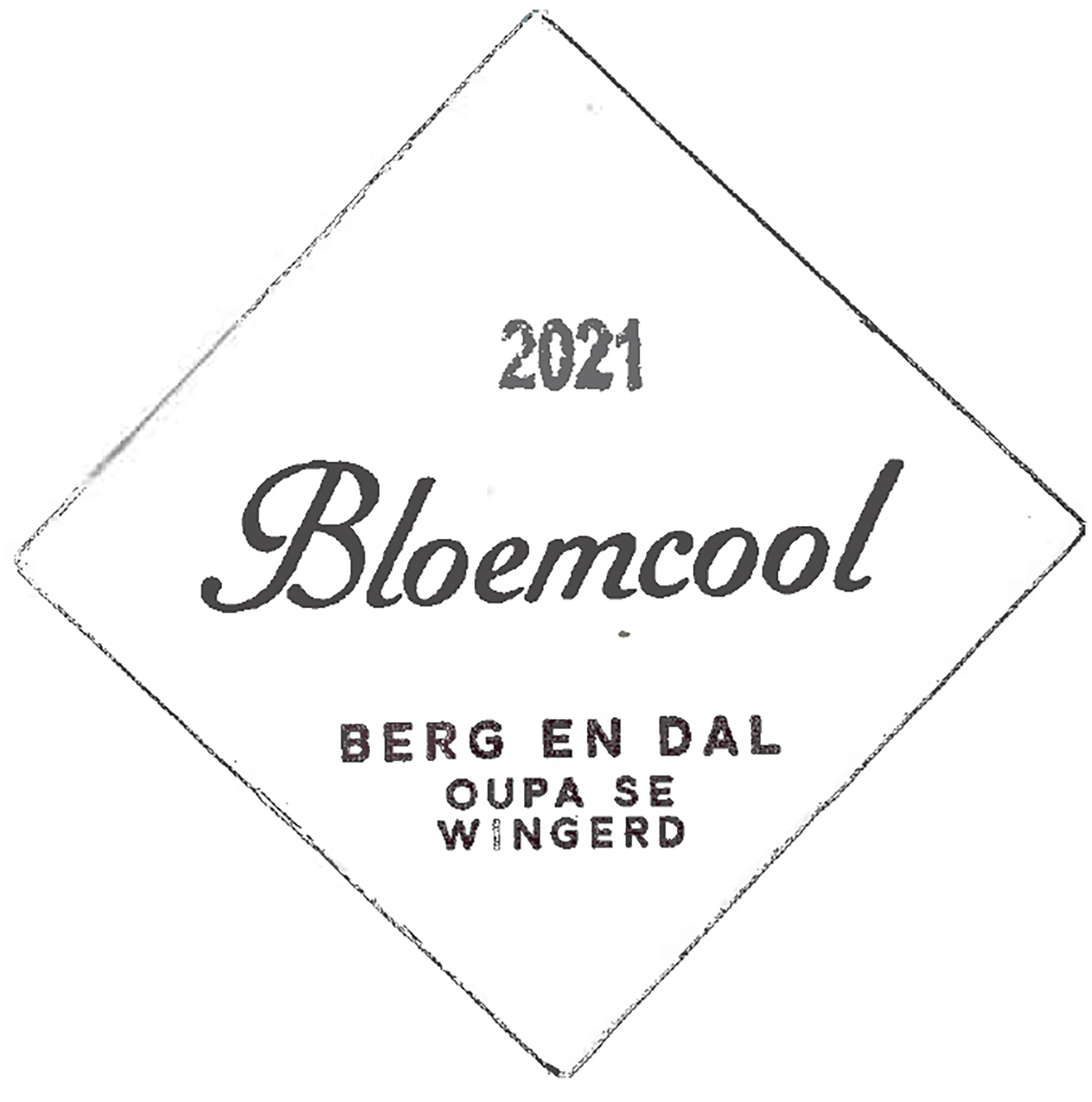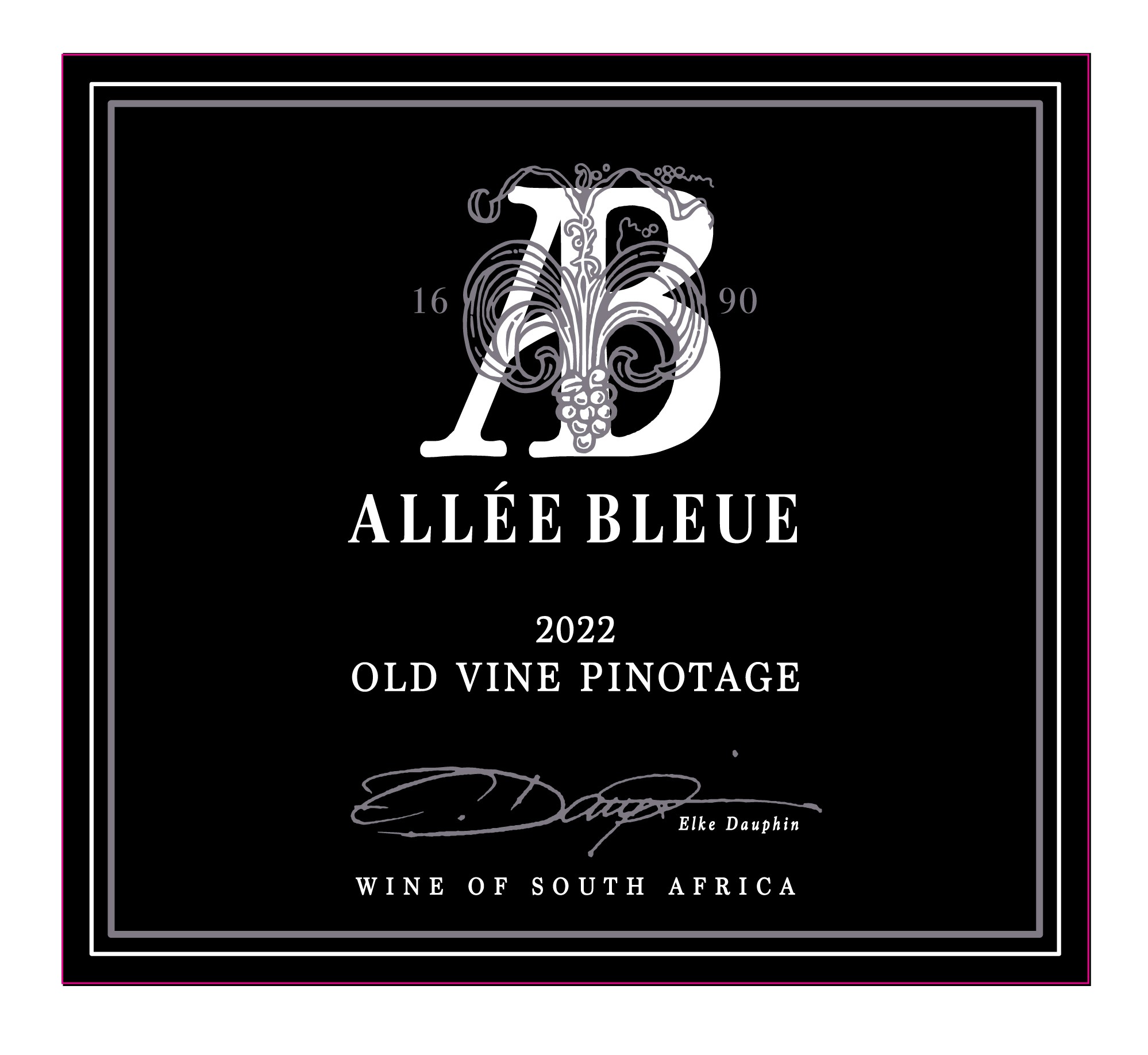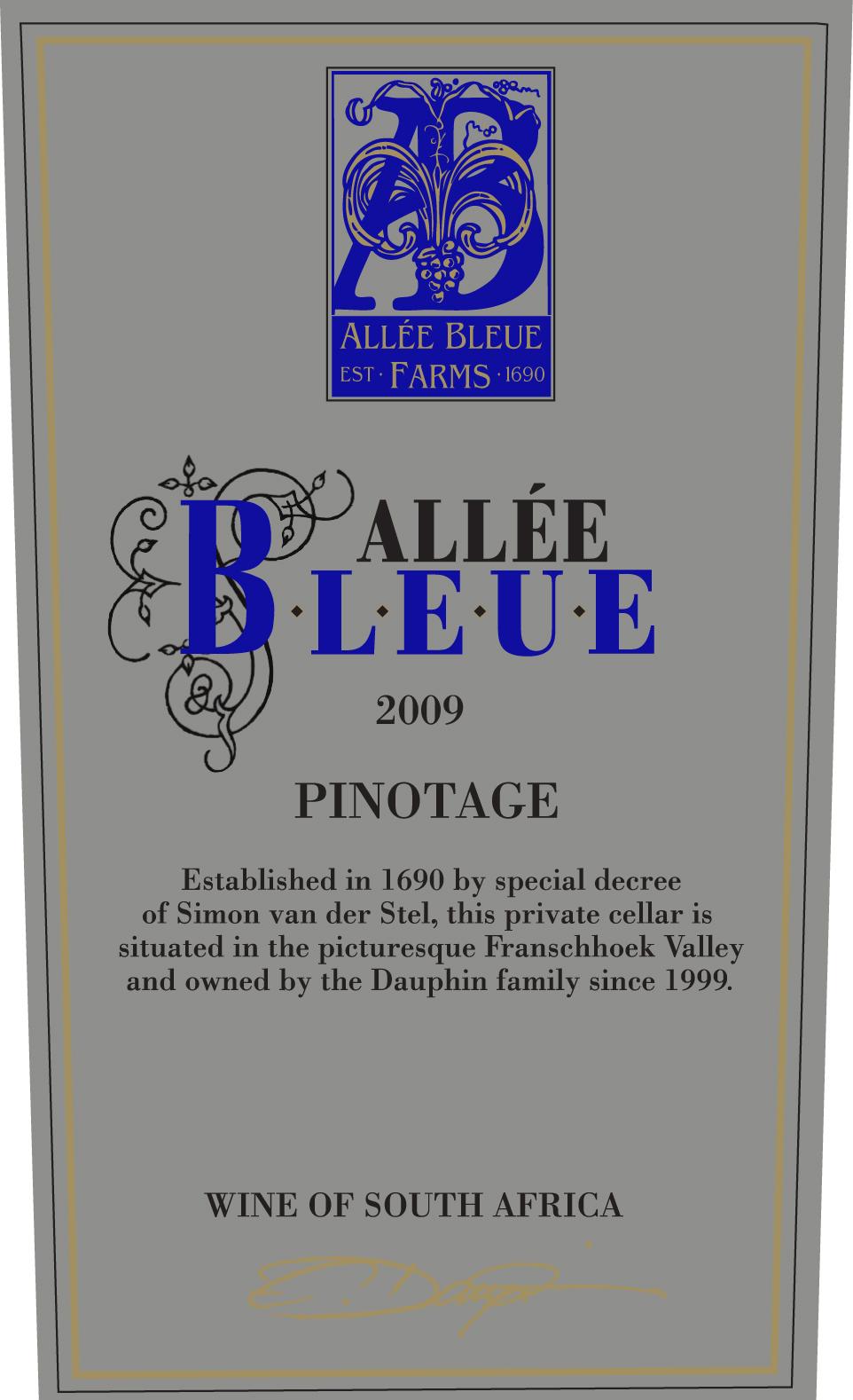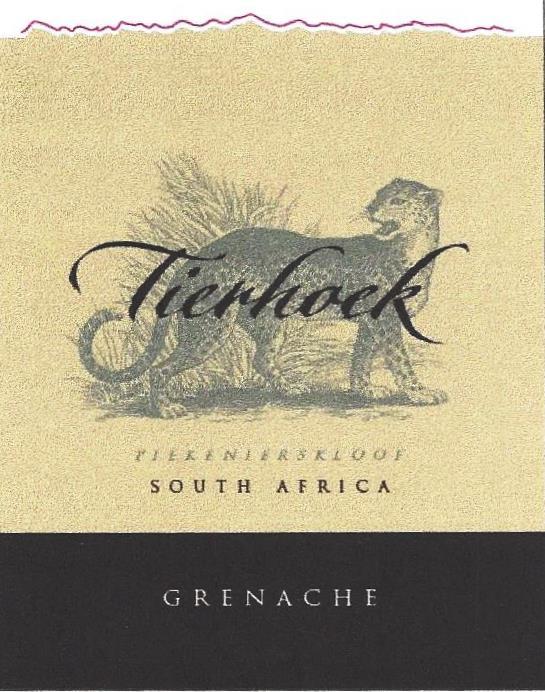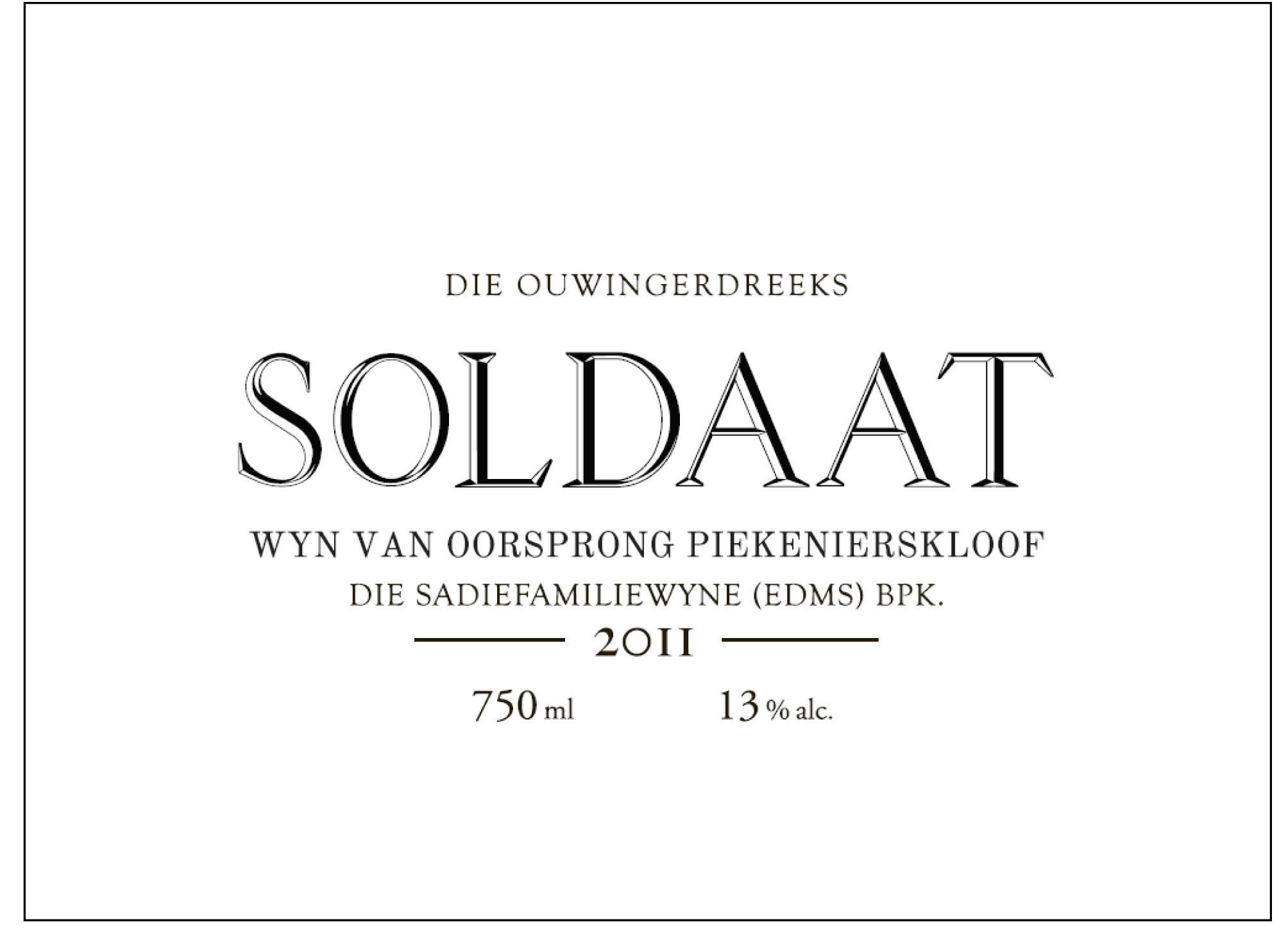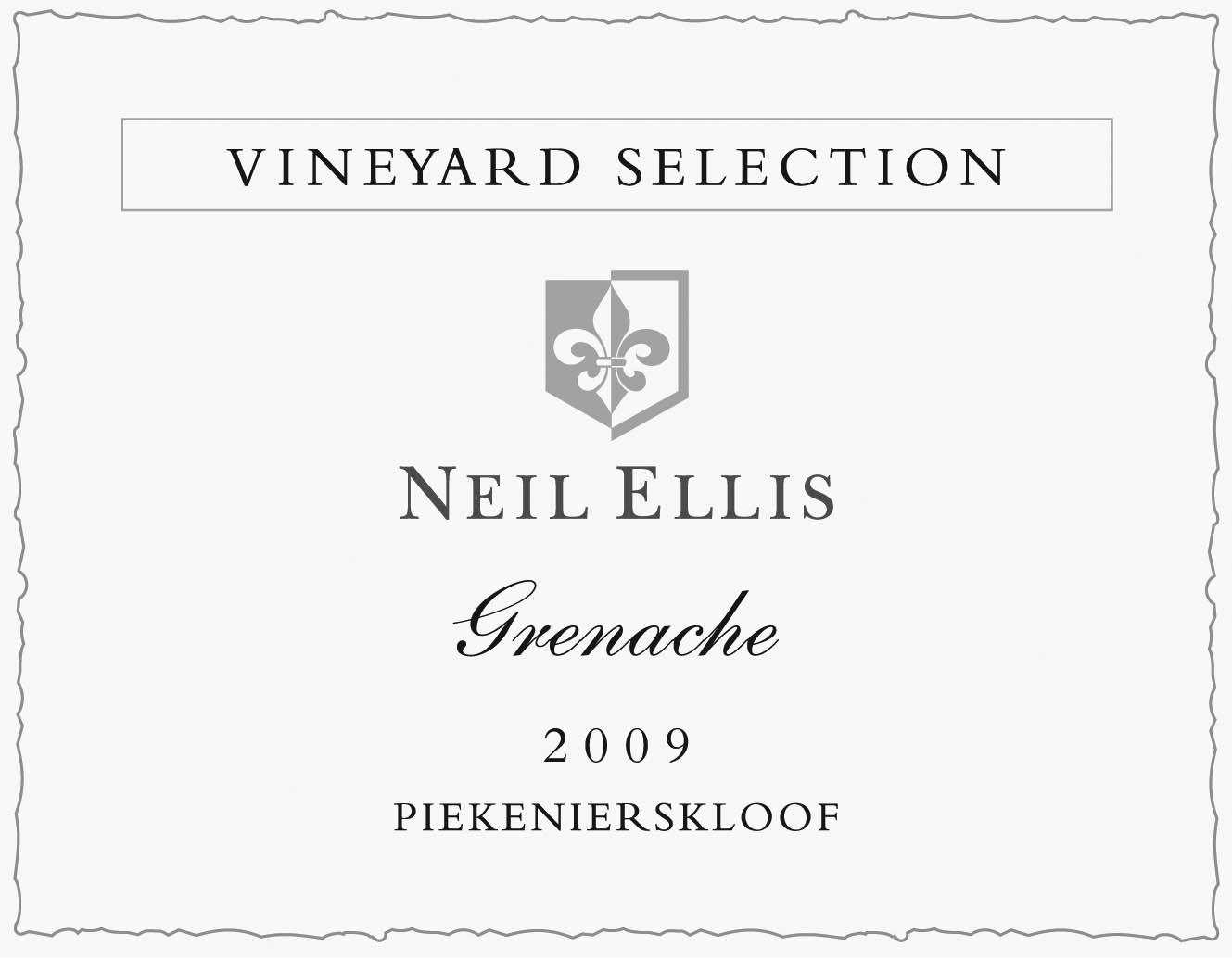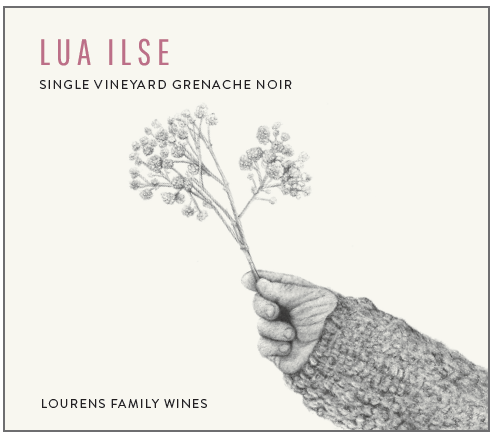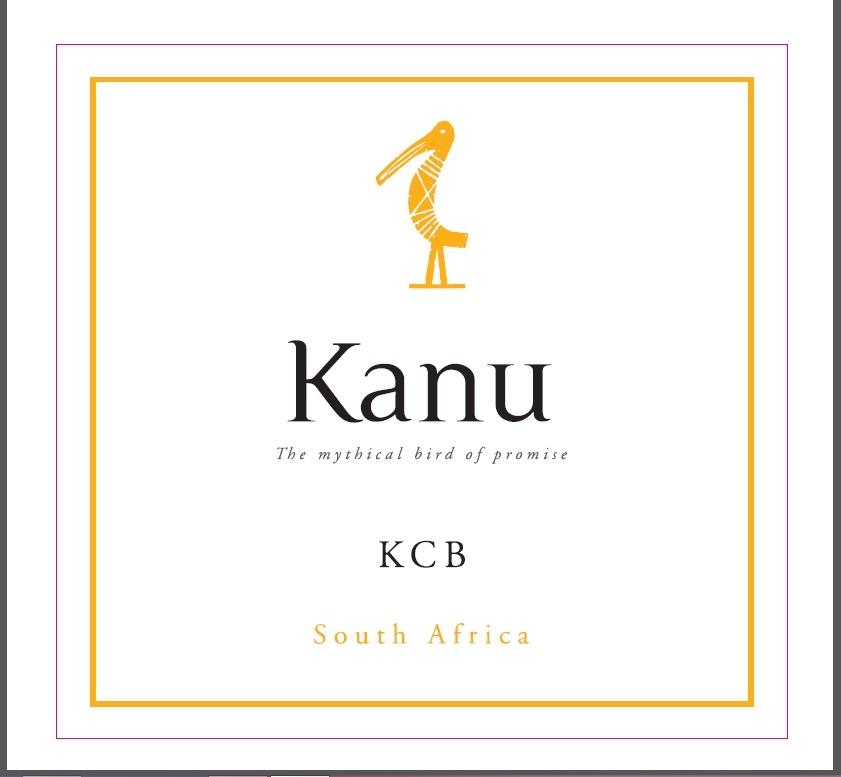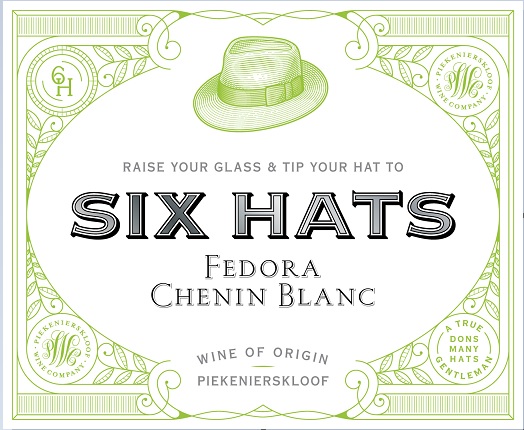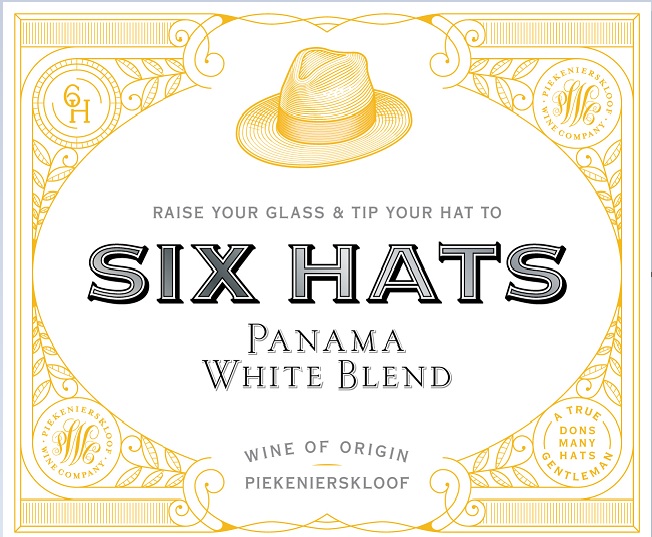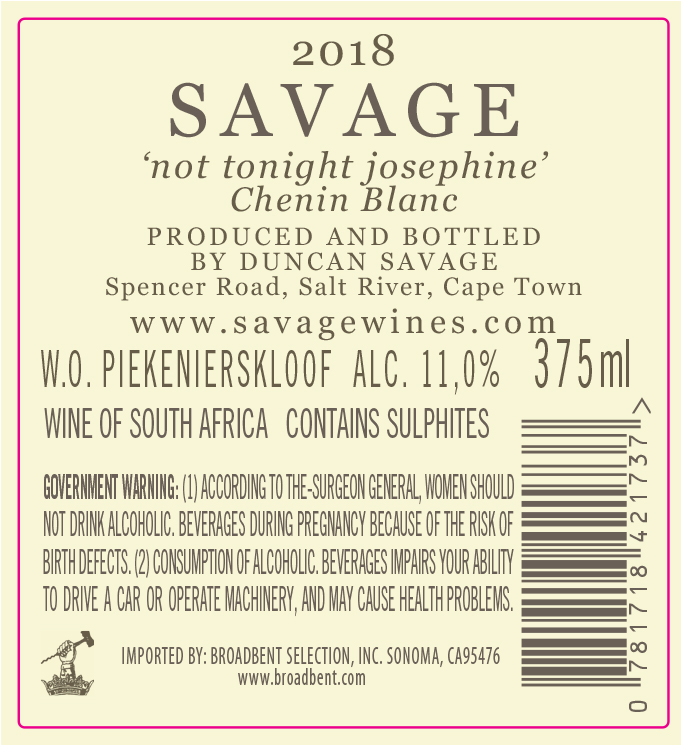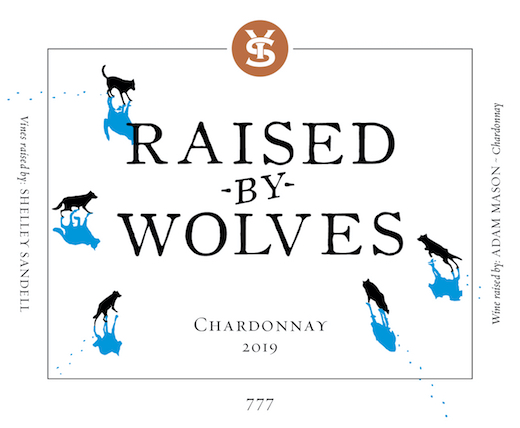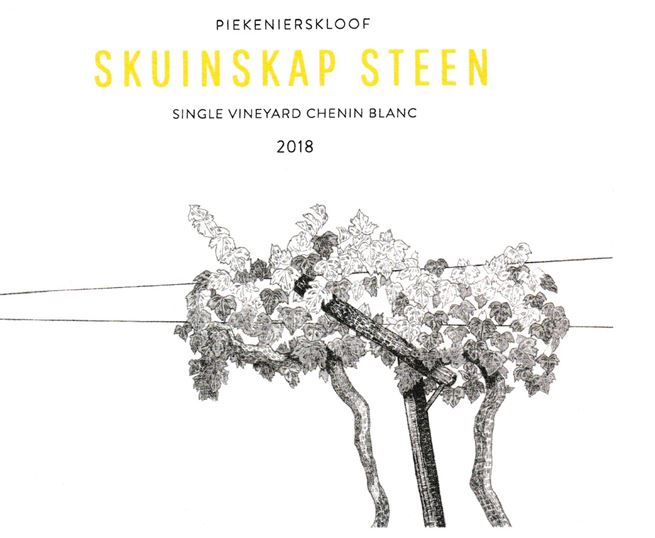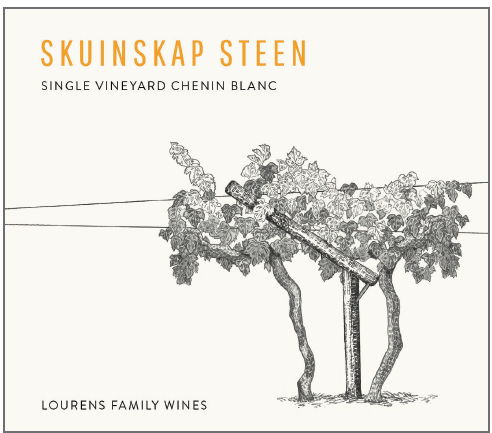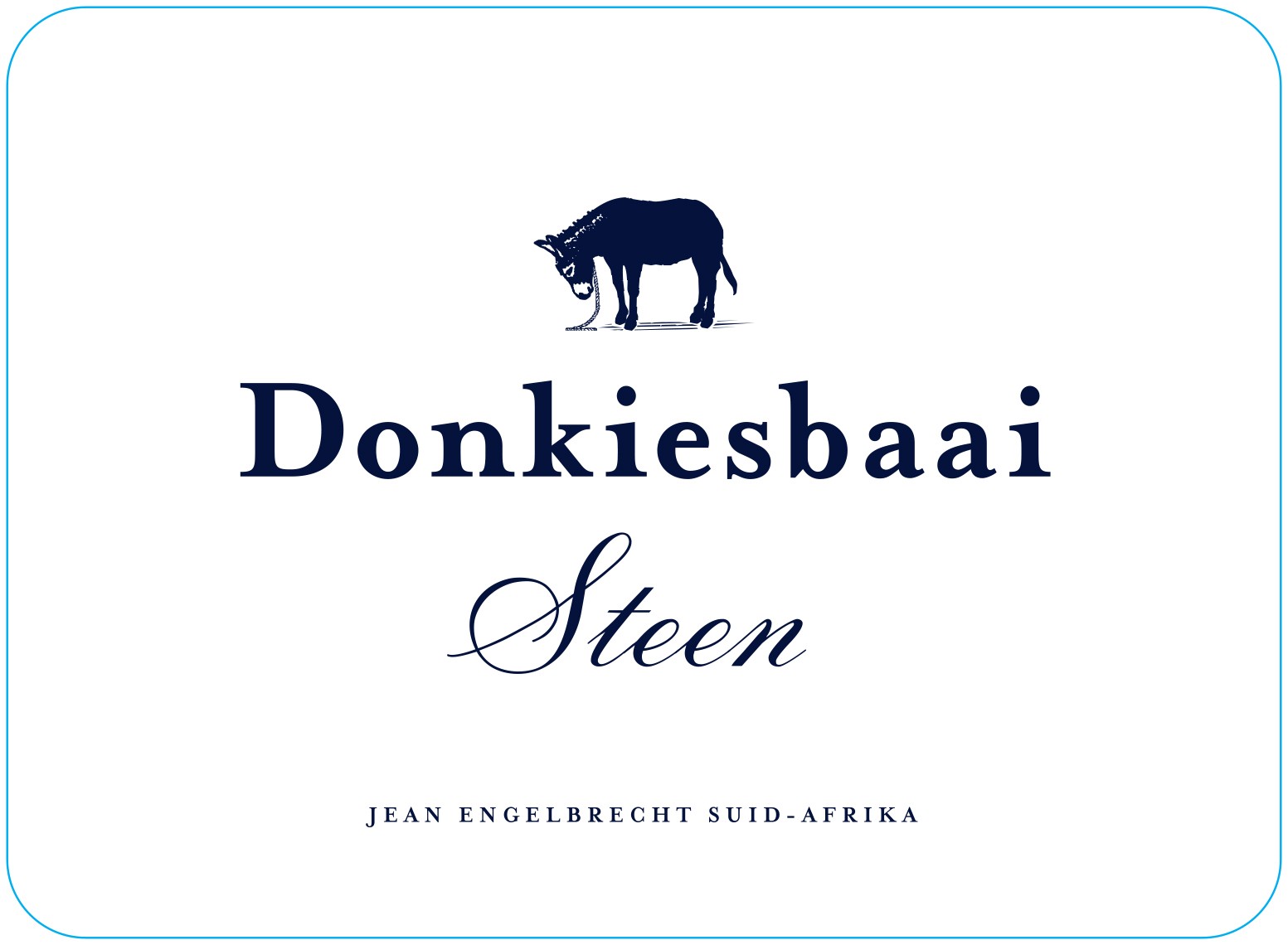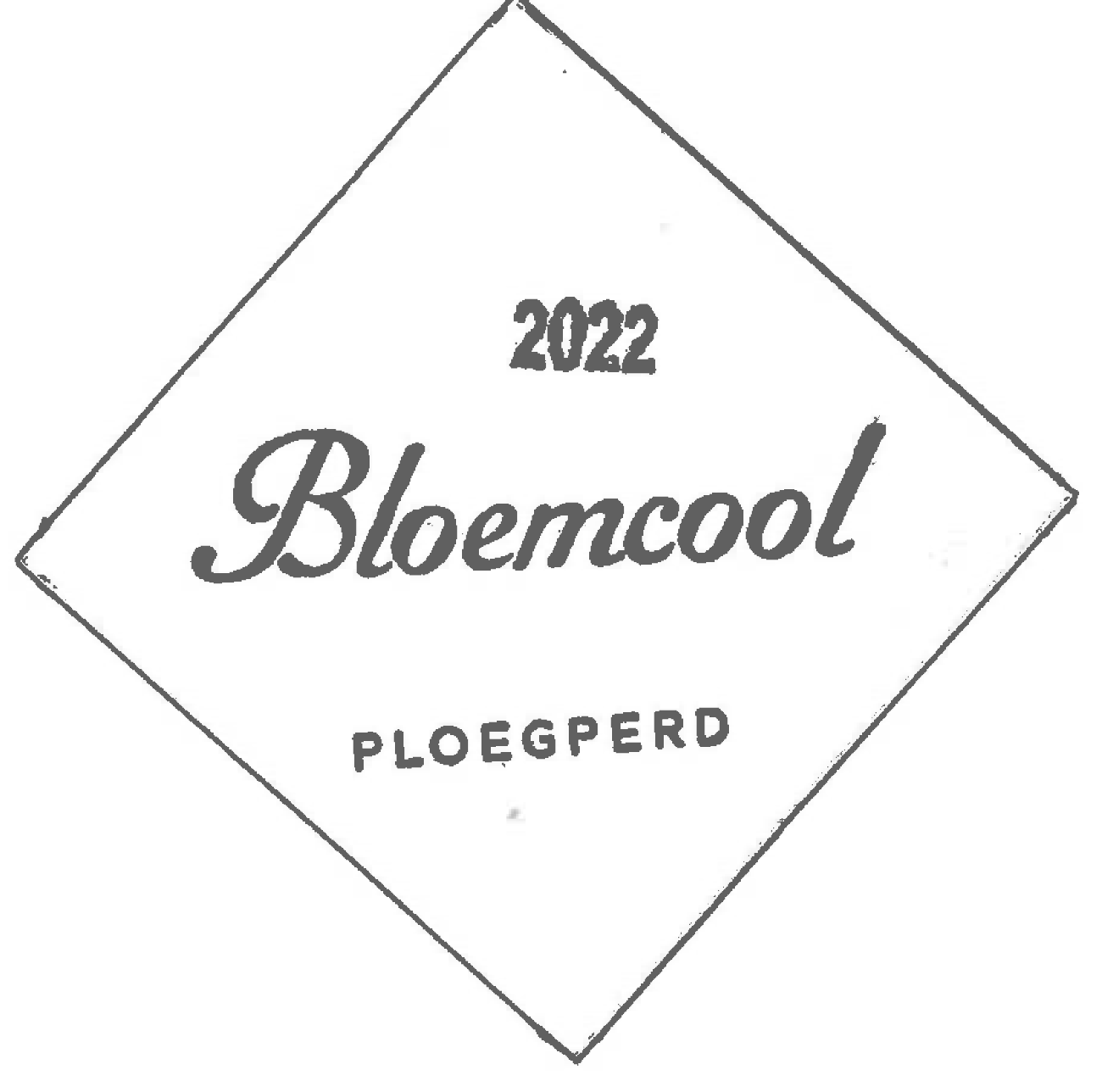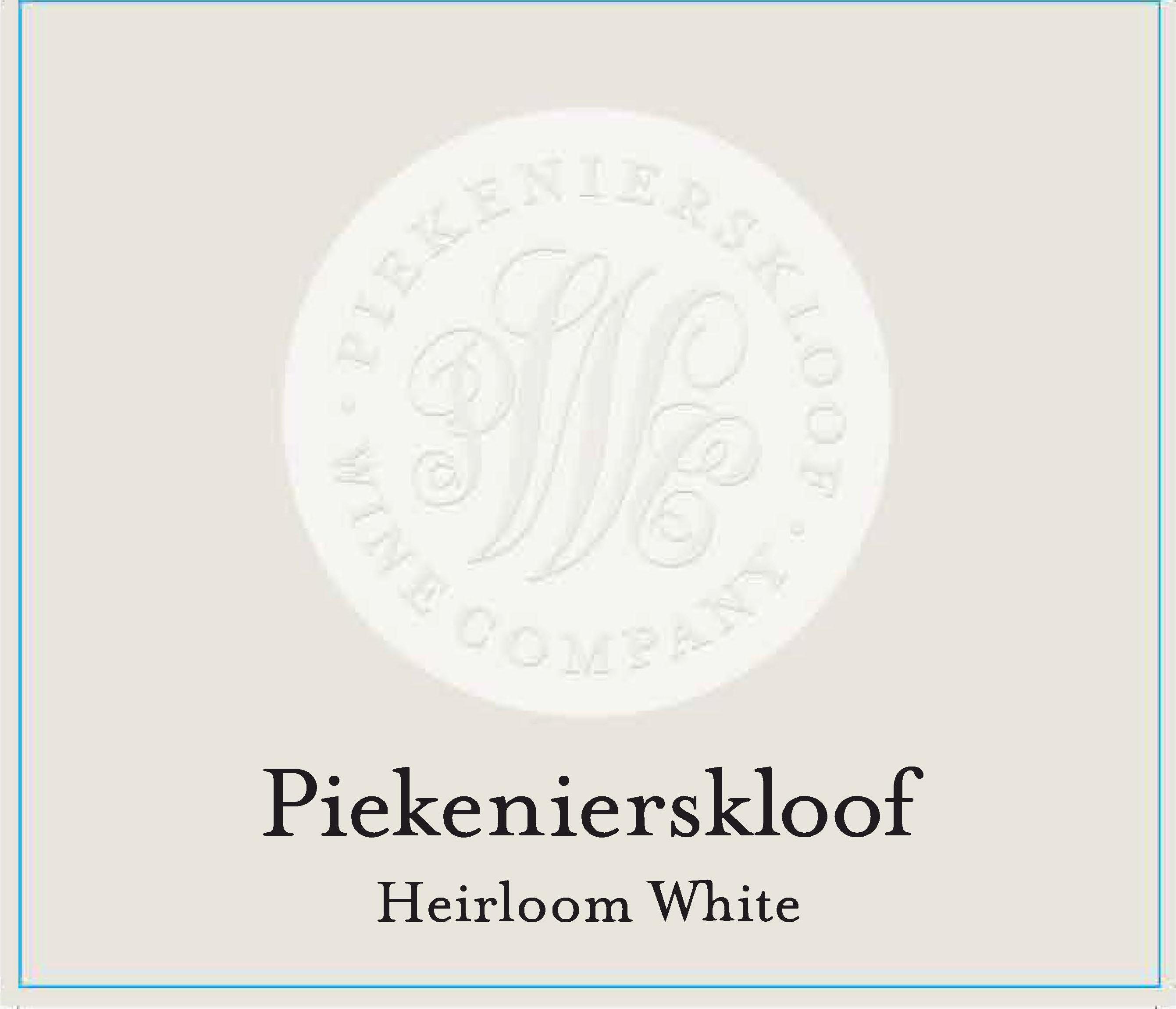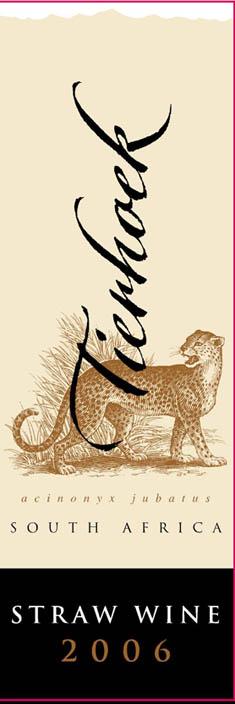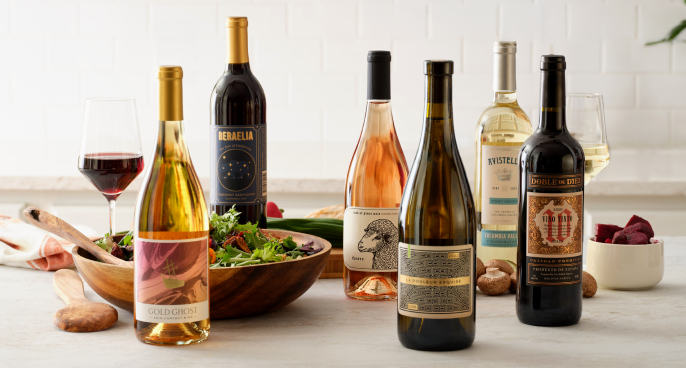Terroir of Piekenierskloof
Piekenierskloof has a unique environment with vineyards located 650 to 750 meters high on a north-south plateau. This elevation results in cool nights that maintain the grapes' natural acidity, while sunny days help them ripen fully. The sandy soils come from Table Mountain Sandstone, which are not very fertile but drain well, encouraging vines to grow deep roots and produce small, intense yields.
The area's Mediterranean climate features dry, hot summers and wetter winters, allowing grapes to mature without too much sugar. With plenty of sunlight and cool breezes from the Piekenierskloof Pass, the region is perfect for making Rhône-style reds and textured whites. The natural conditions mean little irrigation is needed, letting the wines show a clear and fresh taste that reflects the special character of this high-altitude area.
Notable Wineries in Piekenierskloof
Piekenierskloof, a distinctive wine region in South Africa's Western Cape, is gaining attention for its high-altitude vineyards and rich winemaking history. Key players in this area include:
-
Piekenierskloof Wine Company (Citrusdal): Transitioning from a cooperative to a private operation since 1957, it showcases the region’s old vines and dryland farming.
-
Bergendal Estate: Part of the Piekenierskloof network, it’s notable for its heritage Chenin Blanc and Palomino vines.
-
Kruger Family Wines: A boutique operation focusing on low-intervention wines, highlighting Chenin, Grenache, and Cinsaut from Piekenierskloof.
In addition to these wineries, others use Piekenierskloof grapes for Rhône-style blends, underscoring the region's unique high-altitude character. These wines may carry labels such as "Citrusdal Mountain" or "Olifants River," but they all capture the essence of Piekenierskloof.
Sustainable Winemaking in Piekenierskloof
Piekenierskloof champions sustainable viticulture through its traditional, low-input practices. The region’s dryland bush vines thrive without irrigation, promoting natural water conservation. Grapes like Grenache are particularly suited to the dry summers, needing less water and embodying the area’s efficient water use ethos.
Vineyard practices such as cover cropping and minimal synthetic additives reflect a commitment to eco-friendly farming. The cellar processes emphasize gentle handling and cool fermentations to preserve the wines’ freshness. Social responsibility is also a priority, with some vineyards attaining Fairtrade certification, reinforcing community welfare and environmental care.
Energy efficiency is evident with solar power adoption and water recycling efforts. Protecting native habitats and controlling erosion with indigenous plants further illustrate Piekenierskloof's dedication to sustainability, ensuring that its wines express the unique character of this high-altitude terroir responsibly.
Wine Tourism in Piekenierskloof
Wine tourism in Piekenierskloof provides a unique opportunity to experience the region's distinctive high-altitude vineyards and rich winemaking heritage.
Visitors can explore the Piekenierskloof Wines tasting room, located near the Piekenierskloof Pass, where they can sample a selection of wines such as Grenache, Chenin Blanc, and Palomino. The scenic Piekenierskloof Pass is perfect for hiking and mountain biking, offering breathtaking views of citrus orchards and vineyards.
Local events, including markets and wine gatherings in Citrusdal, give insight into the area's culture and seasonal farm activities. Comfortable accommodations, such as guesthouses and farm stays, allow guests to pair wine tasting with visits to nearby natural wonders like the Cederberg.
The blend of wine, nature, and culture makes Piekenierskloof an appealing destination for those interested in sustainable viticulture and the unique characteristics of the Western Cape's Mediterranean climate.

